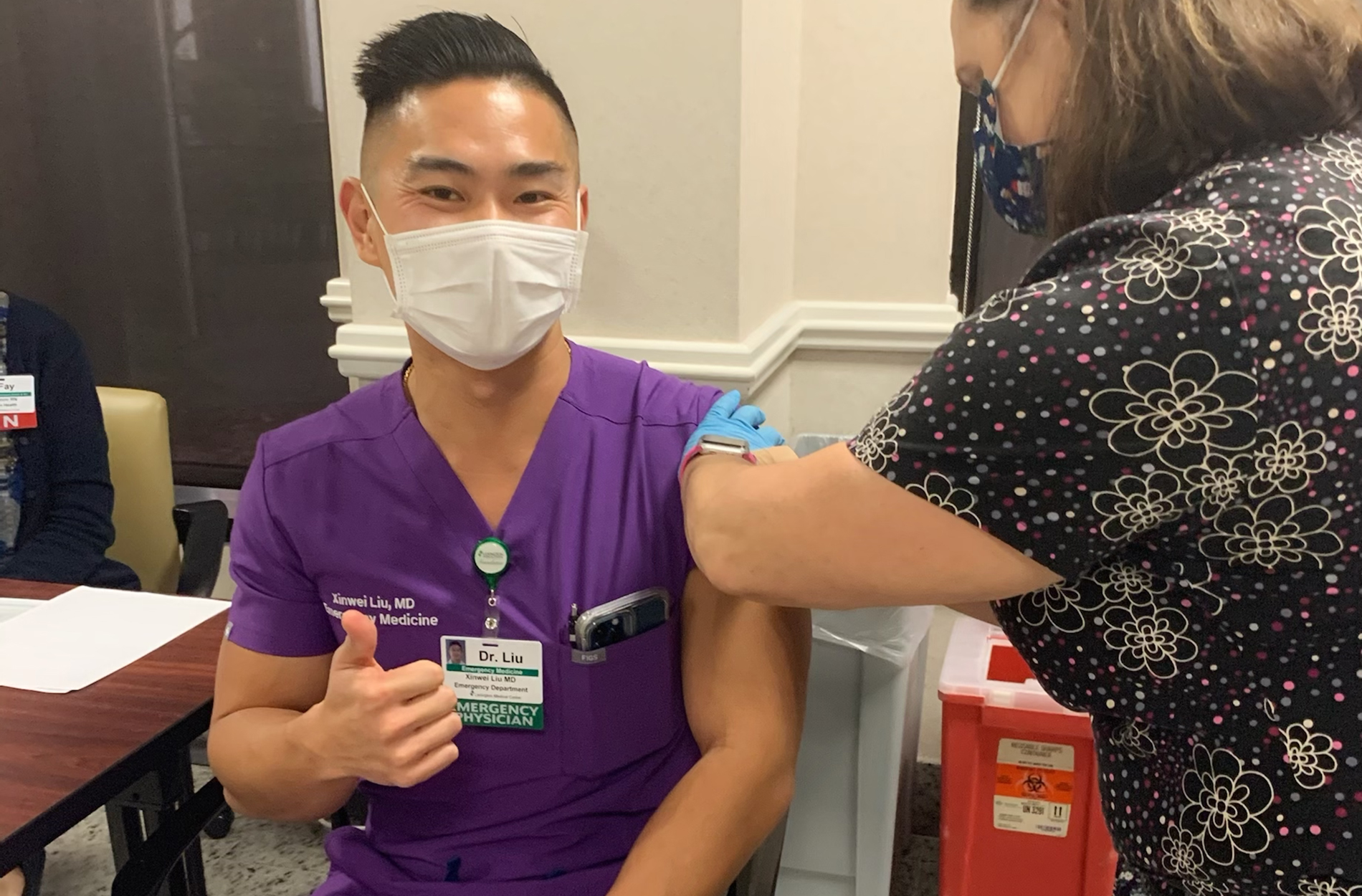by Meleigh E. Groff, DO, Lexington Family Practice West Columbia
The teen years are an exciting and challenging time not just for teenagers but for their families, too. Additionally, teenagers come with their own set of health concerns, and they need to continue to follow up with a doctor through this pivotal time for their physical, mental, and emotional health. Studies have shown that unaddressed health concerns during adolescence and early adulthood predict poor health outcomes and lower quality of life as adults.
Physical Health
In addition to physical changes surrounding puberty, wellness visits with a health care provider ensure teens get the necessary immunizations and screenings. Adolescents often go to the doctor only for Caring an acute issue or a sports physical, but they are generally missing out. It is important to have a time set aside for teens and their health care providers to discuss sexual health, relationships with tobacco/alcohol/drugs, weight, sleep hygiene, and healthy lifestyle choices. Many teen acute care visits could have been prevented if screened for and addressed at a comprehensive visit.
Mental Health
It is no secret that mental health in this country is an epidemic. The US Surgeon General has declared a national youth mental health crisis, largely impacted by social media. Roughly 20% of teenagers have a diagnosable mental health disorder, with many conditions initially presenting during adolescence. A comprehensive exam for adolescents should include an evaluation of the patient’s mental health and screening for depression, anxiety, and eating disorders. A healthcare provider can discuss coping mechanisms, options for counseling, or even medications with patients and help to identify high-risk patients.
Emotional Health
While mental and emotional health are intertwined, they are different. Mental health is how someone thinks, feels, and responds to things in life, while emotional health is how someone deals with their relationships, stresses, and joys. In a comprehensive exam, a healthcare provider can create a safe, non-judgmental place to discuss support systems, home life, school, hopes, dreams, and goals. While related to physical health, intimate partner violence screening and discussing healthy relationships is essential, particularly as teens prepare to leave home for the first time.
As teens grow, they need health care to help bridge the gap from childhood to adulthood. Teens may continue to follow up with their pediatrician, and many have wonderful relationships with their doctor; eventually, they will need to transition to a physician for adults. Although some exceptions exist, many internal medicine physicians do not see patients under 18. Family physicians can help to bridge the gap as they see patients of all ages. A teenager needs to have a physician they can be comfortable and honest with to help build a foundation for a successful, healthy future into adulthood.

Meleigh E. Groff, DO, Lexington Family Practice West Columbia







Leave a comment